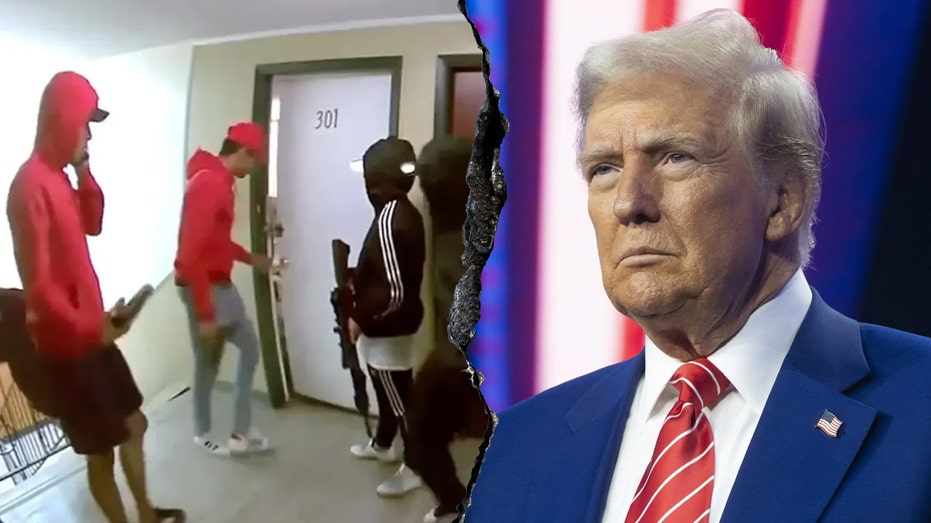El Salvador Welcomes Hundreds of Venezuelan Gang Members Amid U.S. Deportation Drama

Sarah Johnson
March 16, 2025
Brief
El Salvador accepts hundreds of Venezuelan gang members deported from the US, detaining them in its high-security prison as President Bukele aids US efforts against organized crime.
El Salvador's bold move: President Nayib Bukele announced that his country has accepted hundreds of Venezuelan gang members who were illegally residing in the United States. This comes amidst a U.S. District Judge's effort to block deportations under a wartime law invoked by former President Donald Trump.
On Sunday, Bukele shared the news on X, revealing that 238 members of the Venezuelan gang Tren de Aragua had arrived in El Salvador. They were swiftly transferred to CECOT, the country's infamous Terrorism Confinement Center, for at least a year. Bukele's post was accompanied by video footage showing planes on the tarmac, making the event feel almost Hollywood-esque in its drama.
Adding to the mix, the U.S. also deported 23 MS-13 members wanted in El Salvador, including two high-ranking leaders. Tren de Aragua, with roots in Venezuela, has infiltrated U.S. communities in states like Colorado and Texas, while MS-13, originally founded in Los Angeles, has deep ties to El Salvador and operates in states such as Maryland and California. Both gangs were recently designated by the State Department as foreign terrorist organizations—a title they sadly seem to have earned.
Secretary Marco Rubio chimed in: Calling Bukele “the strongest security leader in our region,” Rubio celebrated the Salvadoran president's willingness to hold these gang members in his country's prisons. Rubio also pointed out the financial upside for the U.S., as El Salvador agreed to detain these criminals at a cost-effective rate. Who knew saving taxpayer dollars could come wrapped in gang drama?
Amidst all this, U.S. District Judge James Boasberg issued an order halting deportations under the Alien Enemies Act of 1798, a wartime power invoked by Trump to target Tren de Aragua members. The law, which allows deportation without hearings, has rarely been used—its last major appearances were during the War of 1812, World War I, and World War II. Boasberg's Saturday ruling reportedly demanded flights to return, but Bukele’s response, paired with a laughing emoji, summed it up: “Oopsie… too late.”
A controversial prison system: The gang members are being held at CECOT, El Salvador's sprawling detention center known for its tough measures. The prison, capable of housing 40,000 inmates, offers no room for visitors, virtual hearings only, and blocks all cell signals to prevent contact with criminals outside. It’s safe to say this is no luxury resort—but perhaps that’s the point.
Bukele has framed this as part of a broader effort: helping allies (like the U.S.), fighting organized crime, and making the prison system self-sustainable. He noted that the Zero Idleness program, which involves inmates in workshops and labor, offsets the $200 million annual cost of El Salvador's prison operations. Talk about a multi-purpose plan!
In his closing remarks on X, Bukele said, “May God bless El Salvador, and may God bless the United States.” It’s a sentiment that might not make the gangs feel warm and fuzzy, but it certainly strikes a diplomatic tone.
Topics
Editor's Comments
Honestly, this feels like the plot of a political thriller—planes, gang leaders, and a laughing emoji from a president? Bukele’s confidence in handling dangerous criminals is impressive, but the whole scenario raises eyebrows about how far countries will go to save costs and strengthen alliances. Also, can we talk about that 'Oopsie' moment? Bold, cheeky, and slightly unnerving.
Like this article? Share it with your friends!
If you find this article interesting, feel free to share it with your friends!
Thank you for your support! Sharing is the greatest encouragement for us.



